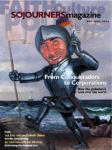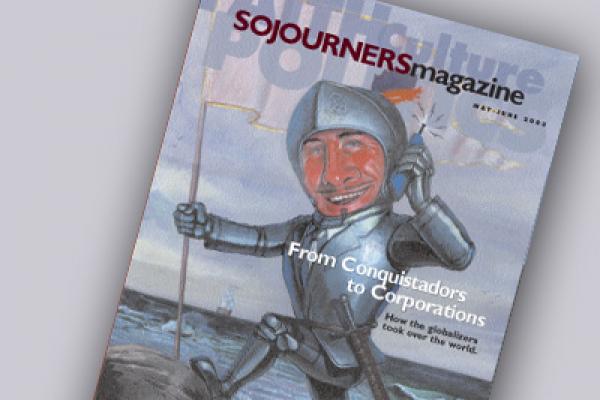Fair-trade and shade-grown: good words for impressing your tree-hugging, java-loving friends. But do you know enough to convince the co-worker who's sold on Starbucks? The world coffee economy is worth $50 billion, second only to oil in the commodities market. The United States consumes one-fifth of those beans, and less than 1 percent of the country's coffee is certified fair-trade. But watch out: Big business is catching on and co-opting the socially minded lingo. So if you're going to preach the shade-grown gospel, it's smart to learn the story behind your cup of coffee.
Economically just. Good coffee is fair-trade. Standard importers pay growers less than 50 cents per pound for their beans; fair-trade importers guarantee $1.26, with a 5 cent premium if the market price rises above the baseline. In addition, fair trade importers establish direct, long-term partnerships with democratically organized small-farmer cooperatives—both to bring stability to a volatile economy and to cut out "coyotes," middlemen who take advantage of market fluctuations to defraud isolated farmers. Pura Vida's fair-trade line is certified by TransFair USA (www.transfairusa.org).
Environmentally sustainable. Good coffee is organic and shade-grown. Organic means without synthetic pesticides or chemical fertilizers. Shade-grown means under a rain forest canopy, which is how coffee has been grown for centuries. Not only does this prevent soil erosion, provide wildlife habitat, and allow for intercropping with fruits and vegetables, but shade-grown coffee—no surprise—yields a higher-quality bean. The alternative is clearing the forest for what's known as estate-grown coffee: fast-growing, sun-tolerant varieties that require acres of land and tons of fertilizer. Pura Vida's fair-trade line is certified by the Organic Crop Improvement Association (www.ocia.org).
Bethany Spicher is editorial assistant at Sojourners.

Got something to say about what you're reading? We value your feedback!
